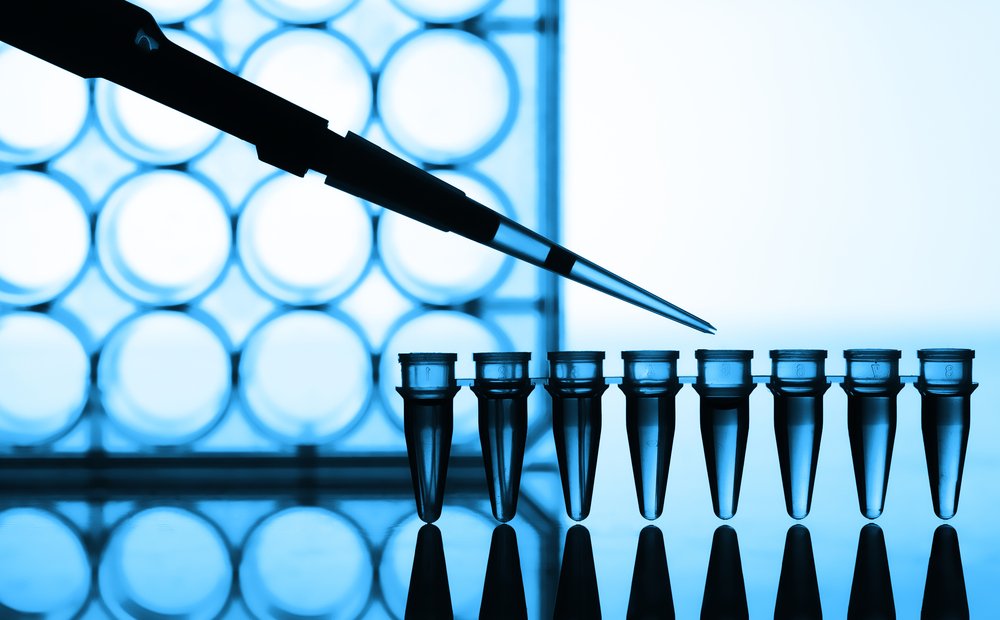Ultrasensitive Detection of Immune Factor Will Aid Lupus Diagnosis and Research, French Study Finds

A super-sensitive assay, capable of detecting minute amounts of the immune factor interferon-alpha, will aid physicians in diagnosing systemic lupus erythematosus (SLE) as well as other autoimmune conditions linked to the factor.
Interferon-alpha is an extremely potent molecule, and because of this, it is only present in tiny amounts in the body. Small changes in its concentration can have large consequences. Until now, however, physicians did not have a good way to measure the factor in patient samples.
Researchers at the Institut Pasteur and the French National Institute of Health and Medical Research in Paris have developed an assay that can identify individual proteins labeled with antibodies. The antibodies the team used are of a kind isolated from patients with a condition called APECED — an autoimmune condition in which people develop autoantibodies against interferon molecules.
Their study, “Detection of interferon alpha protein reveals differential levels and cellular sources in disease,” appeared April 18 in The Journal of Experimental Medicine.
The assay can detect interferon-alpha at attomolar concentrations — equivalent to just quadrillionths of a gram per milliliter of blood or cerebrospinal fluid. This is an upgrade of about 5,000 times compared to existing methods for detecting interferon-alpha.
“The ultrasensitive detection of interferon-a protein in human material can provide novel insights into disease-causing pathways,” Darragh Duffy of Institut Pasteur ,and the study’s senior author, said in a press release. “It also allows the direct measurement of interferon protein as a disease biomarker for patient stratification and for monitoring the efficacy of treatments such as the anti-interferon signaling therapies that are currently being tested.”
Using the new method, researchers can measure interferon in samples from healthy controls, lupus patients and people with other autoimmune conditions. In lupus patients, the concentration of interferon-alpha was found to mirror the severity of the disease.
The team also discovered that the source of interferon-alpha in lupus was different from that seen in patients with a group of conditions called type I interferonopathies. Those patients had increased production of interferon in certain blood cells.
This finding illustrates that — besides its diagnostic value — the method can give researchers insights into lupus disease mechanisms.





